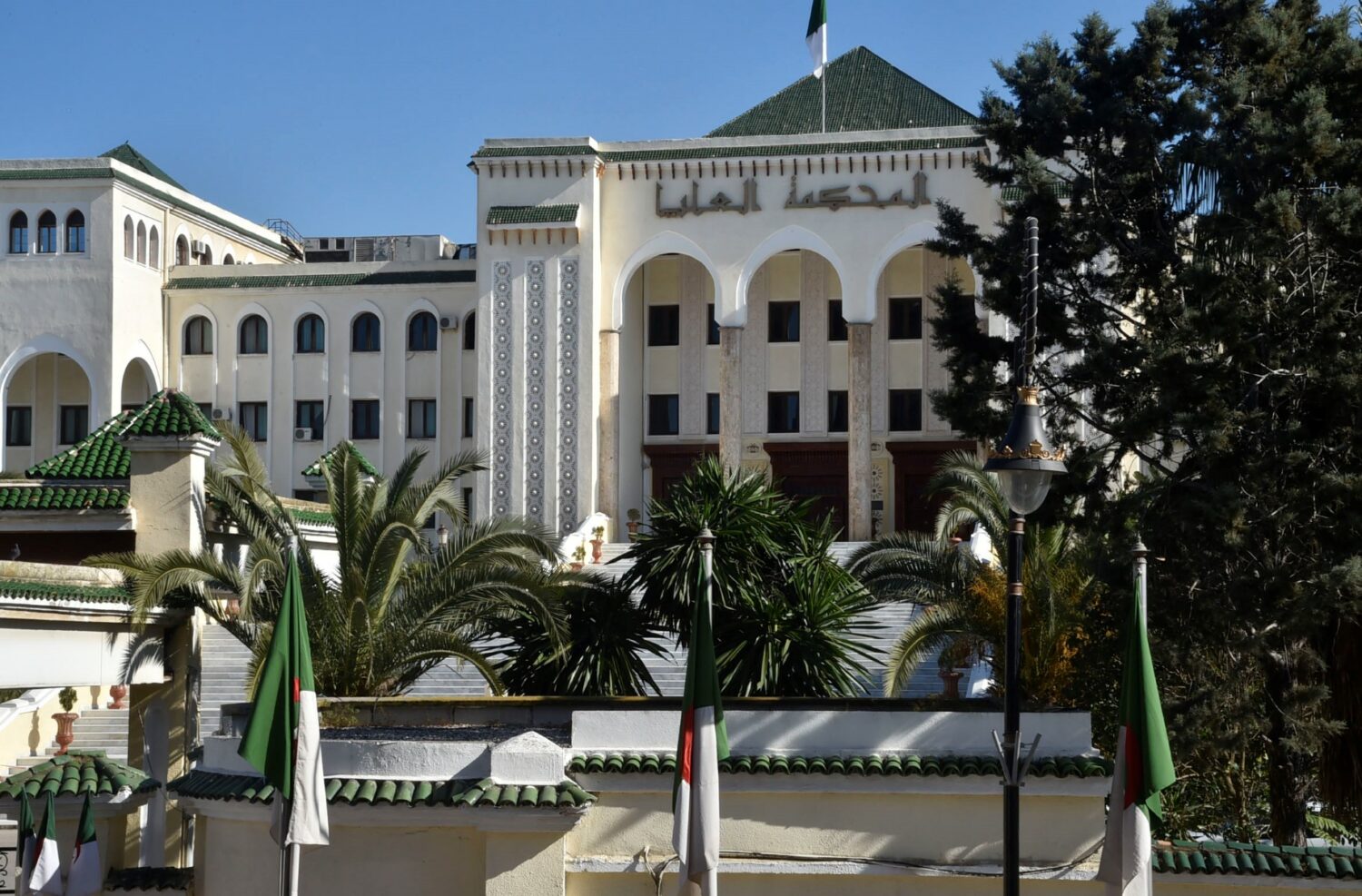ALGIERS, ALGERIA – An Algerian court of appeal on Sunday increased to seven years the prison term issued to a prominent media boss, but suspended two years, a watchdog and his lawyer said.
Ihsane El Kadi, 63, whose release had been sought by the European Union and international media, is one of the last independent media leaders in the North African nation.
He heads Interface Medias which includes the Maghreb Emergent news website and Radio M.
He “was condemned to seven years in prison, including five behind bars with two suspended by the Algiers Court of Appeal,” North Africa representative for Paris-based Reporters Without Borders (RSF), Khaled Drareni, said on Twitter.
“A totally incomprehensible verdict,” he added.
Attorney Zoubida Assoul, a member of the defense team, said she was “stunned” by the ruling.
“It is a political (decision) more than a judicial one,” she told AFP, adding that El Kadi would “certainly” appeal the verdict at the Supreme Court.
Sunday’s verdict adds two years to an initial sentence handed down to El Kadi in April by a lower court for “foreign financing of his business”.
But Assoul said El Kadi, who has been in custody since December, did not receive any money from “foreigners or a foreign” group as claimed by authorities.
The money he got, she said, amounted to “25,000 pounds sterling (around $32,000)” received in installments from his London-based daughter, a shareholder in Interface Medias, and was sent to settle some company debts.
Seven years is the maximum penalty under an article in Algeria’s penal code which criminalizes anyone who receives “funds, a grant or otherwise… to carry out acts capable of undermining state security”.
Trumped-up
The court has ordered the dissolution of the company Interface Medias and the confiscation of its assets. The company was also fined 10 million dinars (about $73,500), while El Kadi himself received a 700,000-dinar fine.
At the time of the April verdict his lawyer, Abdelghani Badi, told AFP that he would appeal, though the defense team boycotted that session over the “absence of just trial conditions”.
Less than two weeks later, Algeria’s parliament passed a law further restricting press freedom in the country by tightening media ownership rules and preventing journalists from protecting sources.
Algeria ranks 136th out of 180 countries and territories on RSF’s 2023 World Press Freedom Index.
In May Algerian President Abdelmadjid Tebboune reportedly said he was determined to “open a new chapter” with the country’s national press.
He made the promise during an encounter at the presidential palace with media professionals to mark World Press Freedom Day, according to the RSF’s Khaled Drareni.
Drareni said he attended the ceremony to hand Tebboune a letter from the press watchdog “containing a series of demands including the release of Ihsane El Kadi”.
In January, Amnesty International said the accusations against El Kadi were “trumped-up state security related offenses”.
“El Kadi’s unjustified detention by the Algerian authorities… is yet another example of their ruthless campaign to silence voices of dissent through arbitrary detention and the closure of media outlets,” said Amnesty’s Amna Guellali.
Earlier that month, 16 international media figures including Russian journalist Dmitri Muratov, winner of the Nobel Peace Prize, called for his release and urged Algeria to lift “unacceptable” restrictions on his media outlets.
In response to a European Parliament resolution last month calling for El Kadi’s “immediate and unconditional release”, Algeria’s legislature denounced “flagrant interference in the affairs of a sovereign country.”








